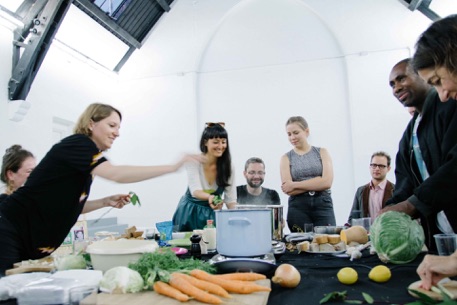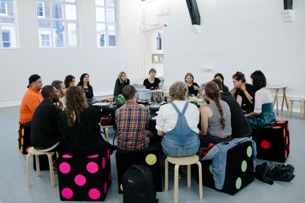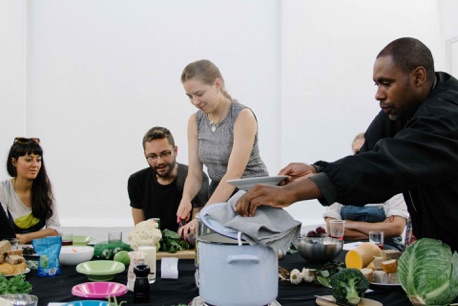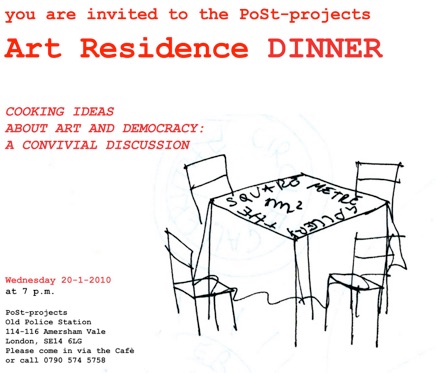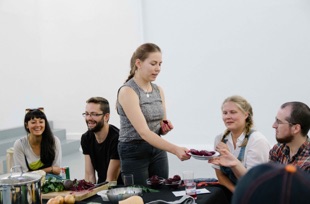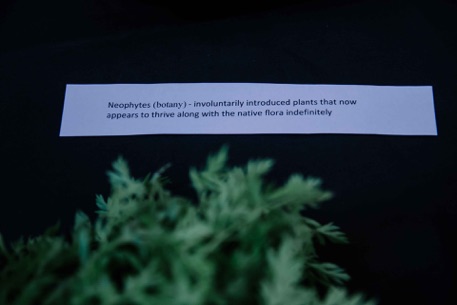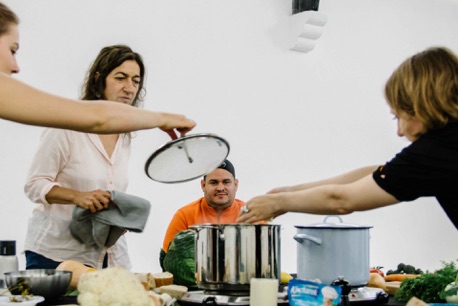‘I thought it was interesting that we talked about decision-making at many different levels - from how life choices are decided from a young age to how decision-making should be in local government, and at national and international levels as well. I think perhaps because of the experiences of all the people sitting around the table we came to talk a lot about decision making in bureaucracies and how that has such a big impact on people's lives, and can have the semblance of some kind of fairness, meritocracy or scientific basis (evaluation methods, project proposals, etc) but can also be manipulated by those who have control over the systems. Like the people who have access to the beans and can put them in the pot even without asking anyone about it… Although it was also argued that we need data and quantitative information to inform decision making.
We also talked about how and why people participate or don't participate - would different spaces or systems encourage people to participate more? Maybe the UK lacks community spaces or concepts of communal solidarity (that used to be stronger in its traditions) which would help redress some of the imbalances of power. And if so, what should those spaces look like? Arts, practical help? How can we develop more diverse/representative bodies.
I was very interested to hear your story about the other group who had controversial/inedible items for the soup and the resulting disagreements. It was perhaps a product of group dynamics here that we had brought items that could be easily assimilated into a vegetable soup. I felt the other participants were generally people who were interested in how to facilitate conversations. There were some disagreements but overall the tendency was to move towards consensus areas. Perhaps if we'd continued we would have had more disagreements.’ (Participant of Democratic Soup, Common House)
